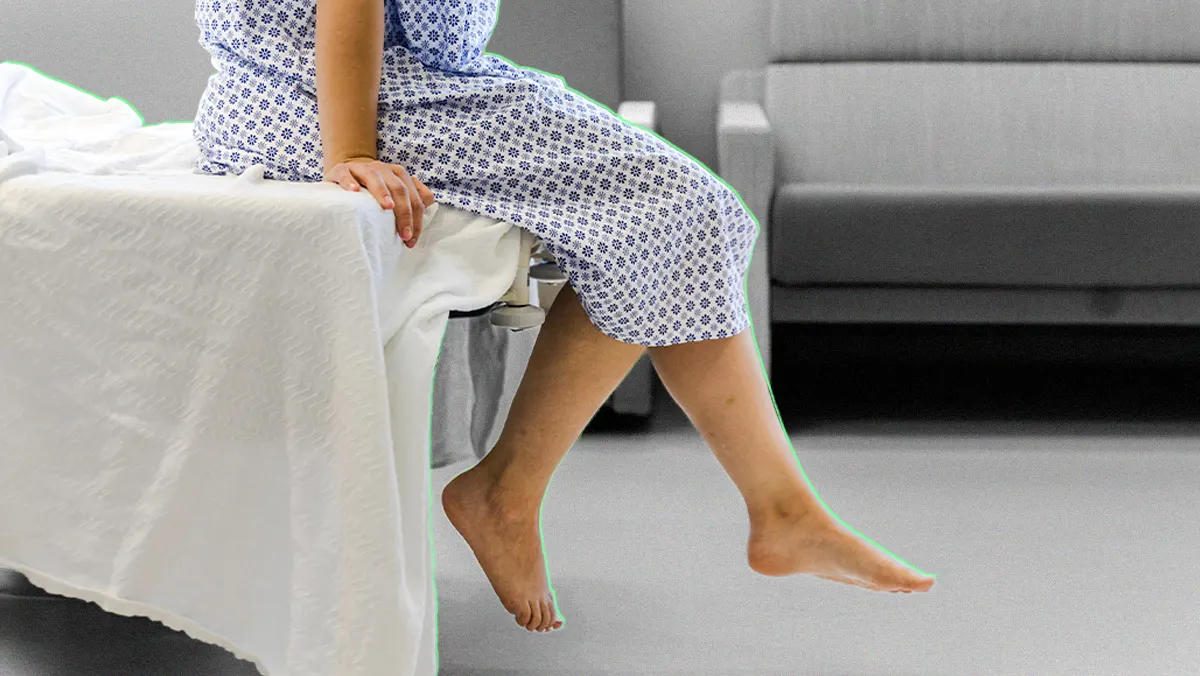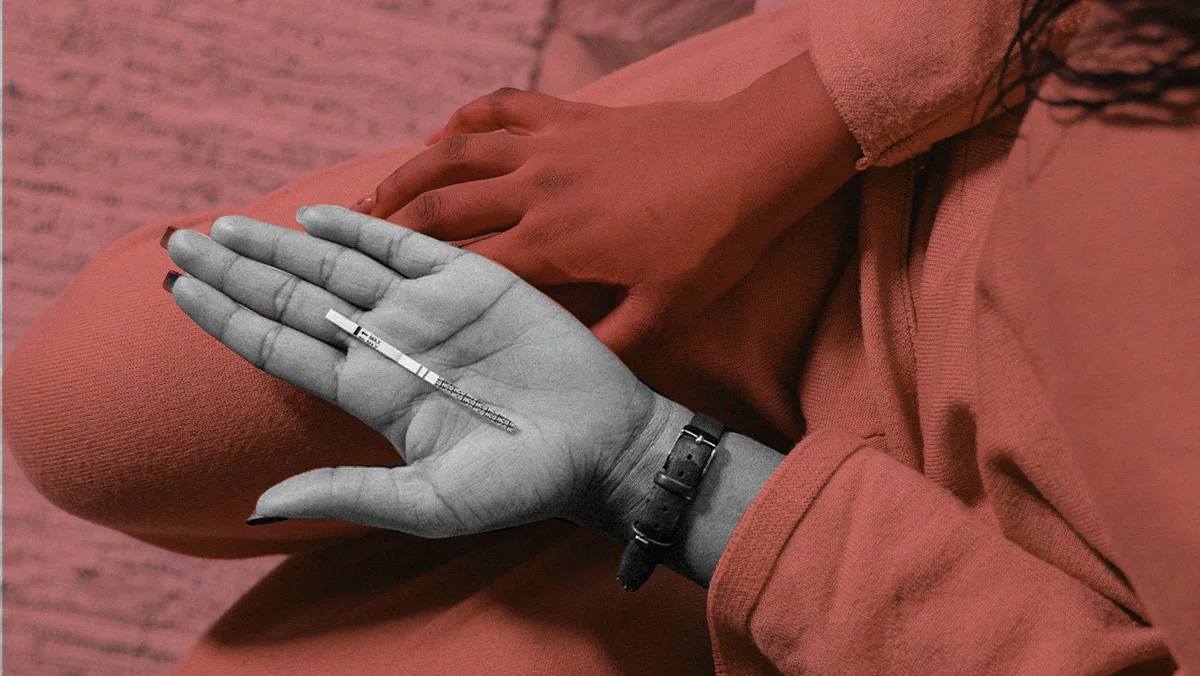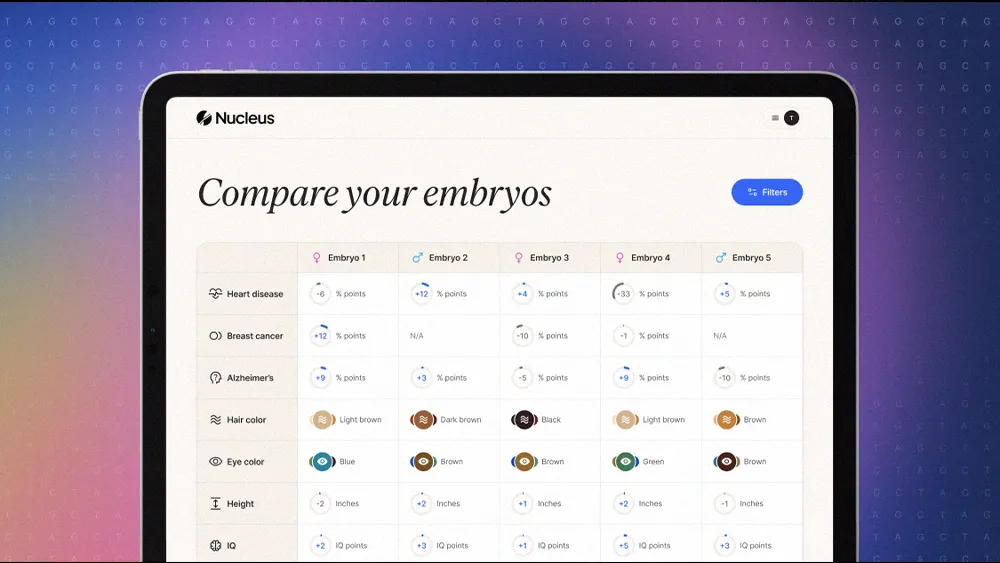Many fertility clinics offer a depersonalized experience, leaving patients to self-advocate for their needs.
Kayann Crowther's journey through fertility treatments highlights systemic gaps and the need for proactive support.
Fertility treatment funding in Canada varies by province, with Alberta offering no financial support.
Platforms like myStoria provide valuable support and information, filling gaps left by traditional clinics.
For hopeful parents entering fertility clinics, the white coat often promises a clear map to parenthood. Instead, many find themselves handed a compass and a disorienting truth: advocate fiercely, or risk becoming just another number in the system.
Kayann Crowther, a myStoria Ambassador and a childcare consultant, experienced this firsthand as her journey through PCOS, medicated cycles, IUIs, and IVF exposed deep gaps in a system that often overlooks basic human needs.
Lost in the system: "I thought it would be: get married, start trying, and voila, it happens," Crowther says. "But at the clinic, I realized you're not really a person; you're just a number." That depersonalization often comes with a one-size-fits-all approach, leaving patients to do much of the work themselves. Crowther recalls having to find information on her own, only to have her clinic confirm it after the fact. "You should be the one telling me this," she says.
Her frustration isn’t unique. Friends at other clinics face the same struggles: chasing follow-ups, pushing for answers, and rarely being offered proactive or holistic support like counseling. Self-advocacy, for many, becomes the only way forward.
From hidden to heard: "I was living in secrecy for the beginning of my journey. I felt so ashamed, like it should be so easy." Sharing openly—first online, then with family and friends—became a turning point. It changed how others engaged with her. In her book club, people now show more care if she skips a meeting or sets boundaries. One friend, after seeing Crowther's post about pregnancy announcements, messaged her privately before sharing her own news. "That wouldn't have happened if I wasn't as open. It was super mindful," Crowther says. Visibility, she's found, invites empathy and accountability.
Oh, Canada: In Canada, fertility treatment isn't federally funded, and support varies dramatically by province. Alberta, Crowther’s home, offers nothing. "Everything is coming out of pocket," she explains, adding a layer of stress atop an already difficult process. While her own employer—her mother-in-law—gives her needed flexibility and understanding, she knows how rare that is. "I know for a lot of other people, they can't get time off or they have to do it in secret." Between funding gaps and unsupportive workplaces, the system often leaves individuals to carry emotional, financial, and logistical burdens alone.
Reproductive Health 101: Crowther’s experience underscores just how little reproductive health education many people receive early in life. "We should start in schools," she says, pointing to the limits of abstinence-focused sex ed. For her, a more honest and comprehensive approach could have made a real difference, especially when it came to understanding PCOS. "They put me on birth control to regulate my cycle, but didn’t explain what it meant to not be getting a period or ovulating." That gap left her unprepared when she started trying to conceive. Early education, she argues, should go beyond the basics and acknowledge real reproductive challenges, different family-building paths, and what it actually means to be ready.
Search for support: While clinical change moves slowly, platforms like myStoria help fill the space in between. Crowther found value in its one-on-one concierge service and reliable information. "Sometimes just having one person you feel like is in your corner is a big deal," she says. For many patients, that kind of consistent, informed support is still missing from the traditional clinic experience.







